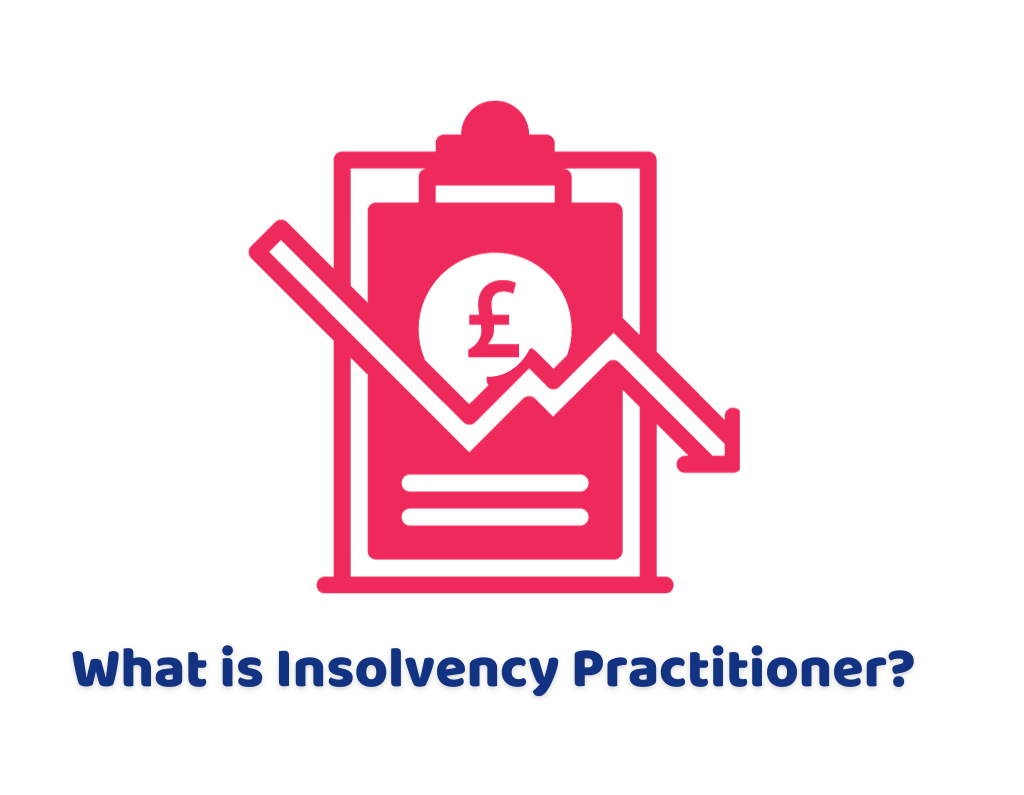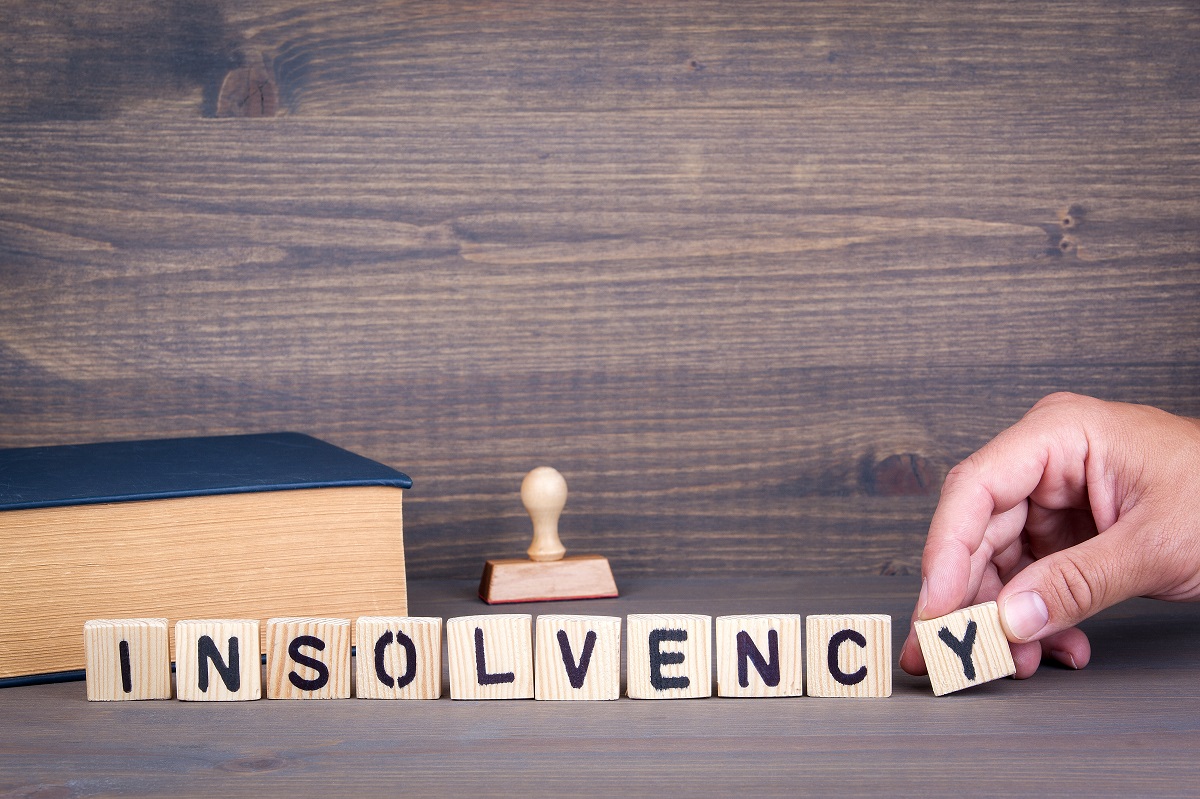Everything about Insolvency Practitioner
Table of ContentsThe smart Trick of Insolvency Practitioner That Nobody is Talking AboutThe Insolvency Practitioner DiariesThe Ultimate Guide To Insolvency PractitionerInsolvency Practitioner - TruthsWhat Does Insolvency Practitioner Mean?
Whether you need to utilize an insolvency practitioner (IP) to liquidate your business depends upon various factors. While engaging a bankruptcy expert for all forms of liquidation is not a lawful requirement, doing so can typically streamline the process and make certain compliance with lawful needs. Liquidating a firm is an important decision that features substantial consequences.
It is a treatment used when a company does not have any kind of financial institutions, or every one of their financial institutions can be paid off in full with statutory interest. Comprehending the different sorts of bankruptcy procedures can assist you establish the ideal strategy for your firm's liquidation or other official insolvency procedures itself.
This is required in order to abide by lawful needs - Insolvency Practitioner. This is since IPs have the necessary qualifications and experience to make sure that the liquidation process is carried out according to all suitable regulations and laws. By engaging a qualified insolvency practitioner, you can have comfort knowing that your company's liquidation process will be handled professionally and in compliance with the relevant legal demands
6 Simple Techniques For Insolvency Practitioner
The bankruptcy expert is selected as a liquidator and is responsible for handling the business and liquidator's financial debts outstanding responsibilities and assets. This procedure entails offering off the firm's assets and dispersing the earnings to financial institutions. Upon conclusion of the procedure, the business is eliminated from the register at Firms Home.
Failing to do so can result in individual obligation for the business or supervisor for the creditor's debts. Volunteer liquidation, that includes Lenders' Voluntary Liquidation (CVL) and Members' Voluntary Liquidation (MVL), is started by the business's supervisors and shareholders when they can no longer pay their financial obligations. In a CVL, the insolvency specialist is designated as the liquidator, in charge of handling firm debts and all company possessions.

6 Simple Techniques For Insolvency Practitioner
By analyzing the proficiency and experience of prospective bankruptcy specialists, you can guarantee that you choose an expert that has the necessary qualifications to manage your company's liquidation process efficiently. While bankruptcy practitioner-led liquidation is usually one of the most proper strategy for companies dealing with bankruptcy, there are alternative methods to consider, such as striking off and partial liquidation.
It's important to examine all readily available options before picking the following ideal solution or program of action for your organization. Striking off business' registers is a more uncomplicated and cost-efficient way to shut inactive or little firms with no financial debts or assets. To strike off a company, its name is gotten rid of from the Firms House register by submitting type DS01.
Prior to selecting striking off, it's essential to weigh the benefits and disadvantages of this technique and consider whether it's the right option for your company. Partial liquidation is one more option to bankruptcy practitioner-led liquidation, in which a company liquidates certain assets and liabilities while continuing to run with the continuing to be possessions and obligations.
A Bankruptcy Expert will be able to suggest you of the most effective strategy to take and make sure that whatever runs efficiently. Sadly, it is not feasible to liquidate a firm without a liquidator. Appointing an authorized insolvency expert is necessary for the procedure of voluntary liquidation to begin.
The Of Insolvency Practitioner
It is possible to shut and liquidate your company without using a liquidator, provided your company is solvent and you meet the qualification needs to liquify or liquidate it. If your company is bankrupt, you might be required to utilize a liquidator and start formal insolvency procedures. Here are a few other informative articles relating to company liquidation in the UK:.
Remaining in a position where you're not able to pay your business's lenders is extremely demanding. In an effort to prevent enhancing the level of financial debt, numerous companies try to discuss directly with their financial institutions and consent to an informal plan. If the financial debt is fairly small and owed to one financial institution, and the you can look here lender is being navigate here participating, getting in into an informal financial debt arrangement is probably the finest remedy, rather than browsing the internet for 'an insolvency expert near me'.
On the various other hand, if there are multiple creditors and the degree of financial obligation is huge, lenders might not be so ready or participating. To avoid liquidation or bankruptcy, it is far better to employ a bankruptcy specialist to create formal proposals and discuss with financial institutions in your place.
Some Known Incorrect Statements About Insolvency Practitioner
Whilst it is a means to handle financial debt, there are significant threats included with this kind of financial obligation plan - Insolvency Practitioner. If a lender is eager to get in into an informal plan (IA) where the debtor has actually consented to make normal, if reduced, payments to settle the financial obligation, it's important to stay with the arrangement

For that reason, the creditor is within their civil liberties to revoke the contract and petition the courts for your firm to be liquidated at any moment. A formal plan that has been proposed by an insolvency professional on your behalf, and agreed by a financial institution, gives a much safer alternative.